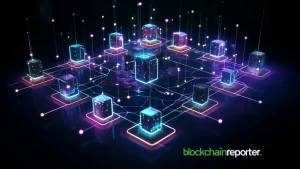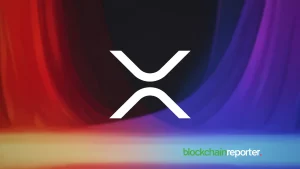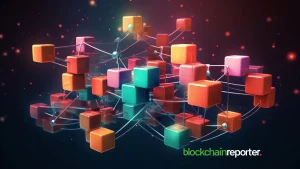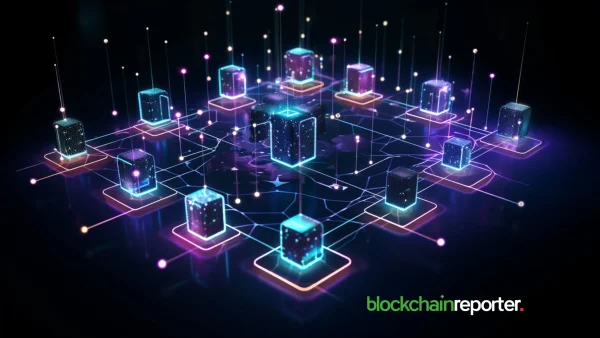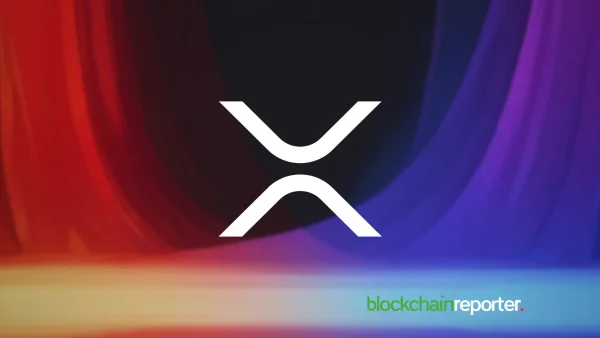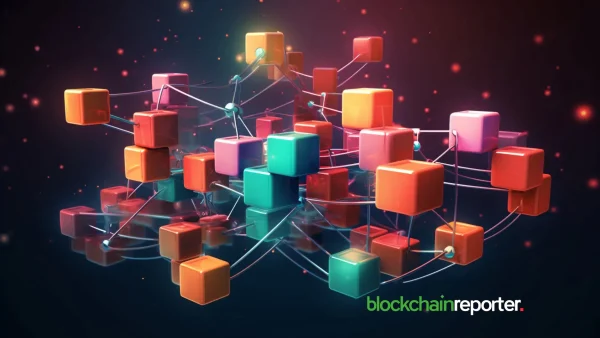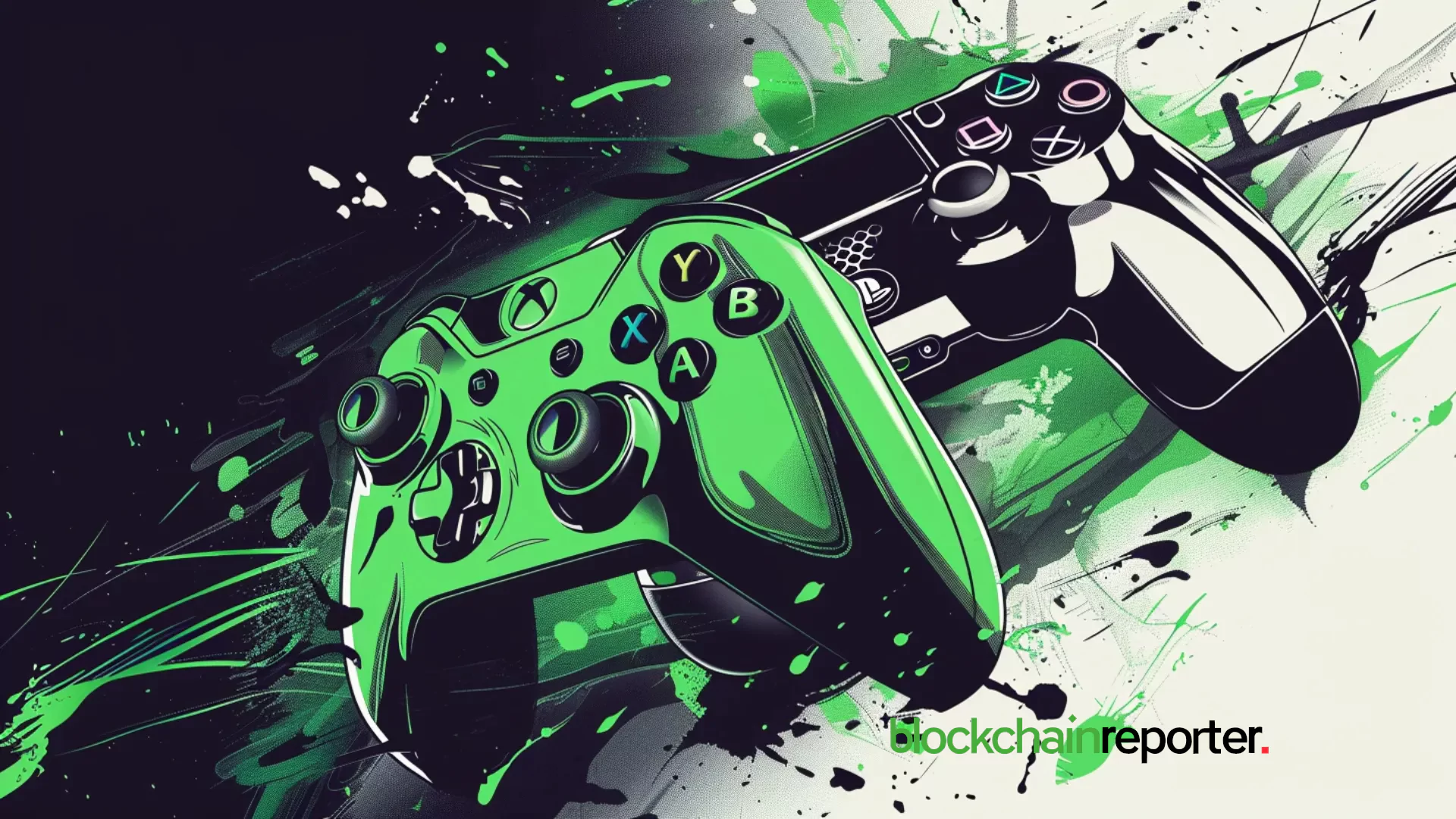
With blockchain technology booming, the gaming industry is changing. By adding decentralized economies and player-owned assets, blockchain gaming has opened up new ways to engage, monetize, and build a community within virtual worlds.
Let’s take a look at three interesting crypto-gaming projects!
What is Crypto Gaming?
Crypto gaming is gaming but with a twist: you own, trade, and earn real value from in-game items. That rare weapon or exclusive skin you unlocked in the game? It’s now a digital asset, an NFT, that you truly own and can trade with other players. With blockchain these items aren’t locked to the game. They have real-world value and can be sold or used in other games or marketplaces.
But it’s not just about collectibles; crypto gaming also brings transparency and trust. Since blockchain is permanent, players know game rules and rewards can’t be changed. This attracts gamers and investors and creators all looking to combine fun and finance in virtual worlds. In crypto gaming your in-game achievements and assets are yours to keep, trade or monetize, it’s a whole new level of immersive, player driven fun.
Funtico
Funtico is designed to make blockchain integration accessible to traditional game developers, a unified platform that supports both Web2 and Web3.
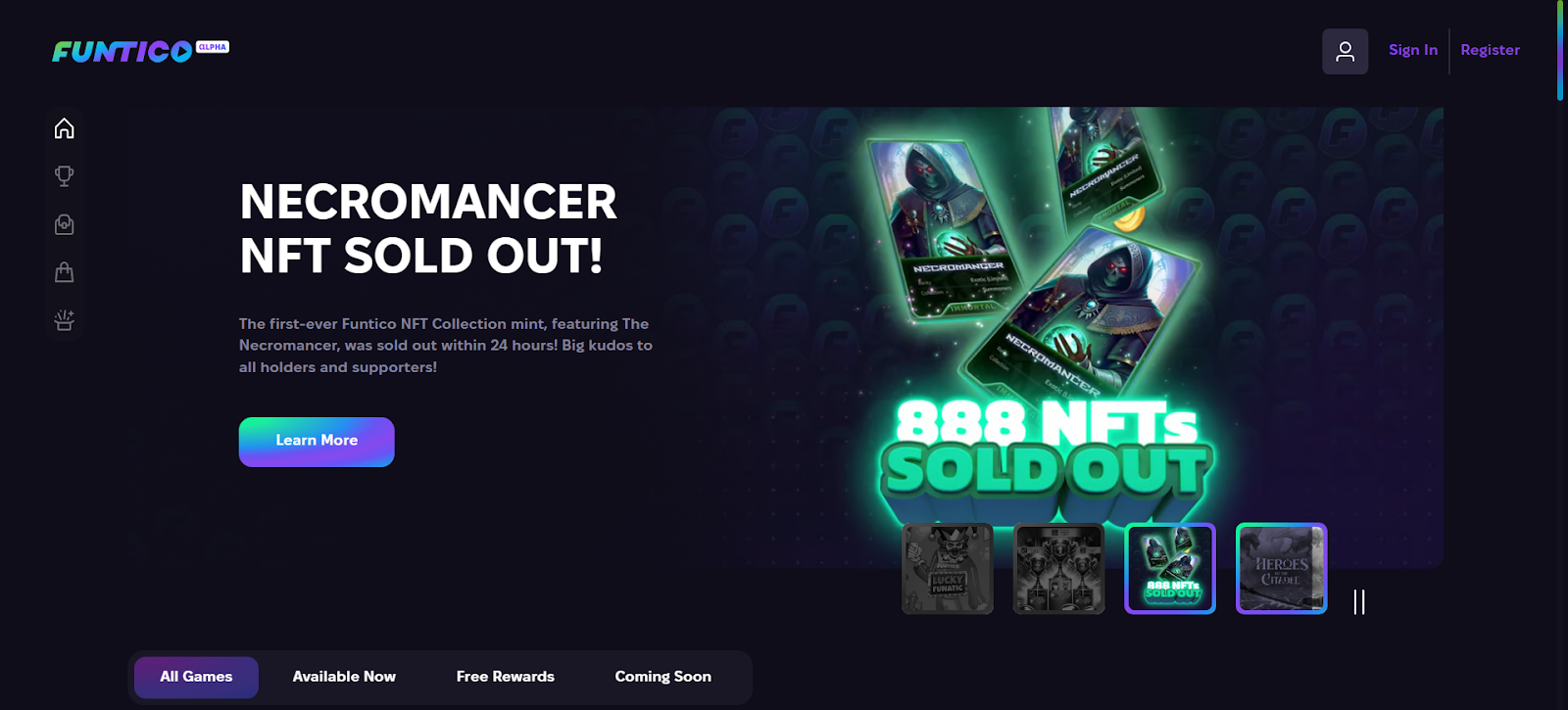
At the heart of the platform is Funtico 360 Studio, a hub that allows to onboard Web2 games into the Web3 space. With Funtico’s API and SDK integration developers can add NFTs, token based rewards and blockchain functionality without having to know much about the technology. This lowers the entry barrier and allows more developers to enter the Web3 space.
For players, Funtico offers a lively, connected gaming experience with an NFT Marketplace and a Creator’s Studio, which are for those who want to mint and trade in-game assets. The platform has various engagement mechanisms like Reward Capsules and Loot Packs that reward players with rare items and in-game resources, increasing replayability and a player driven economy.
Funtico has also prioritized player security by having custodial wallets and cold storage options so your digital assets are safe. As Funtico grows its ecosystem it will be a big player in the space by bridging the gap between Web2 and Web3.
2. Legacy of Game (LOG)
Legacy of Game (LOG) is different by prioritizing skill over luck, making it a unique choice among blockchain based Play-to-Earn (P2E) platforms. LOG allows players to earn rewards based on their gameplay performance, not random draws, so it’s a more skill-driven experience.
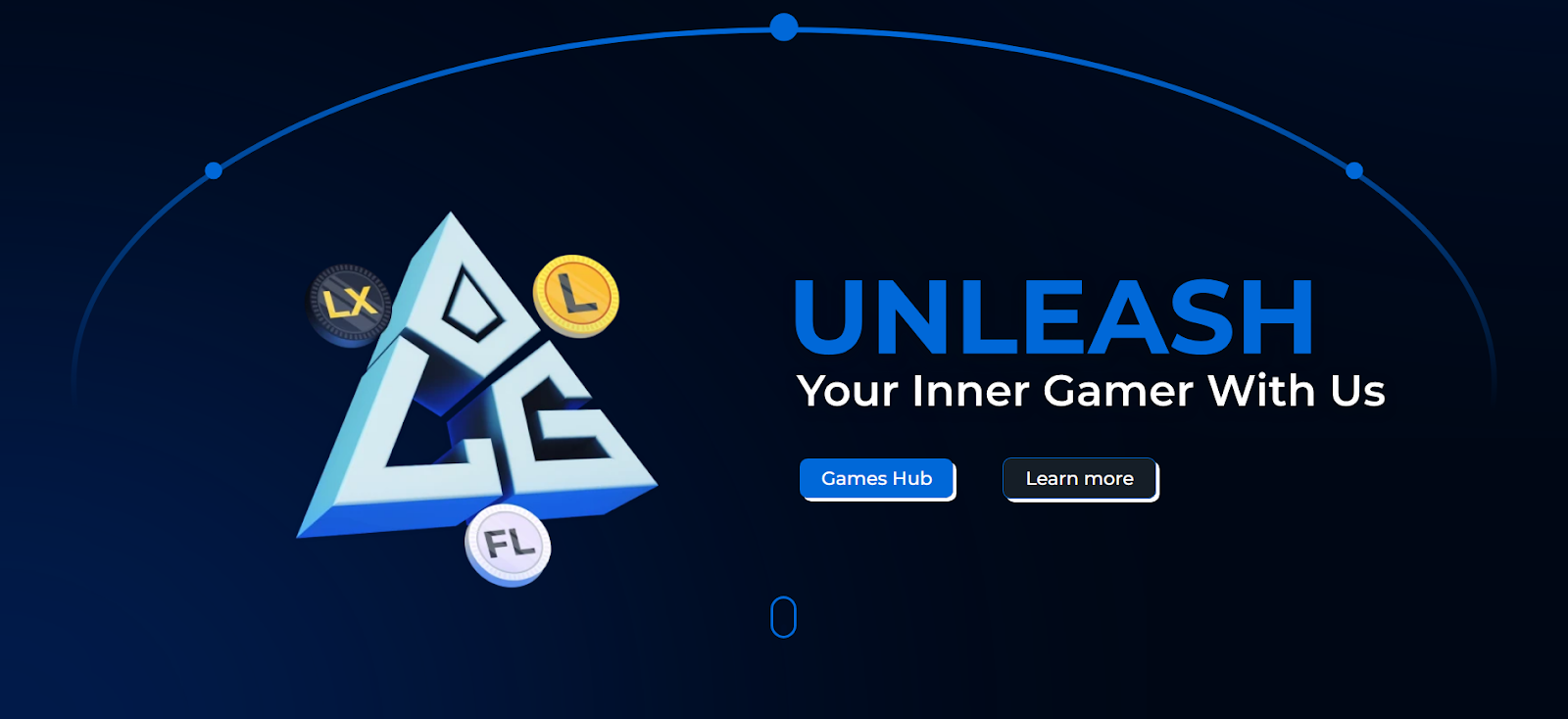
This is different from many blockchain games that are based on luck or require a big financial investment. Through mini-games, LOG creates an accessible environment for players to earn LogX (LX) tokens that can be used in the platform’s marketplace.
One of the coolest things about LOG is the Zero Impact Fund, an environmental initiative that allocates a part of the transaction fees to environmental conservation. This socially responsible aspect goes beyond the gaming industry and fits in the growing trend of sustainable business.
LOG also has NFTs with specific functionality, so you can buy, sell or use them as validators within the ecosystem. This way, LOG stays sustainable and attractive to players who value skill-based earning opportunities and a mission-driven project.
3. GrandCombat
GrandCombat is a PvP game that combines blockchain rewards with competitive gameplay for players who love high stakes and strategic gameplay.
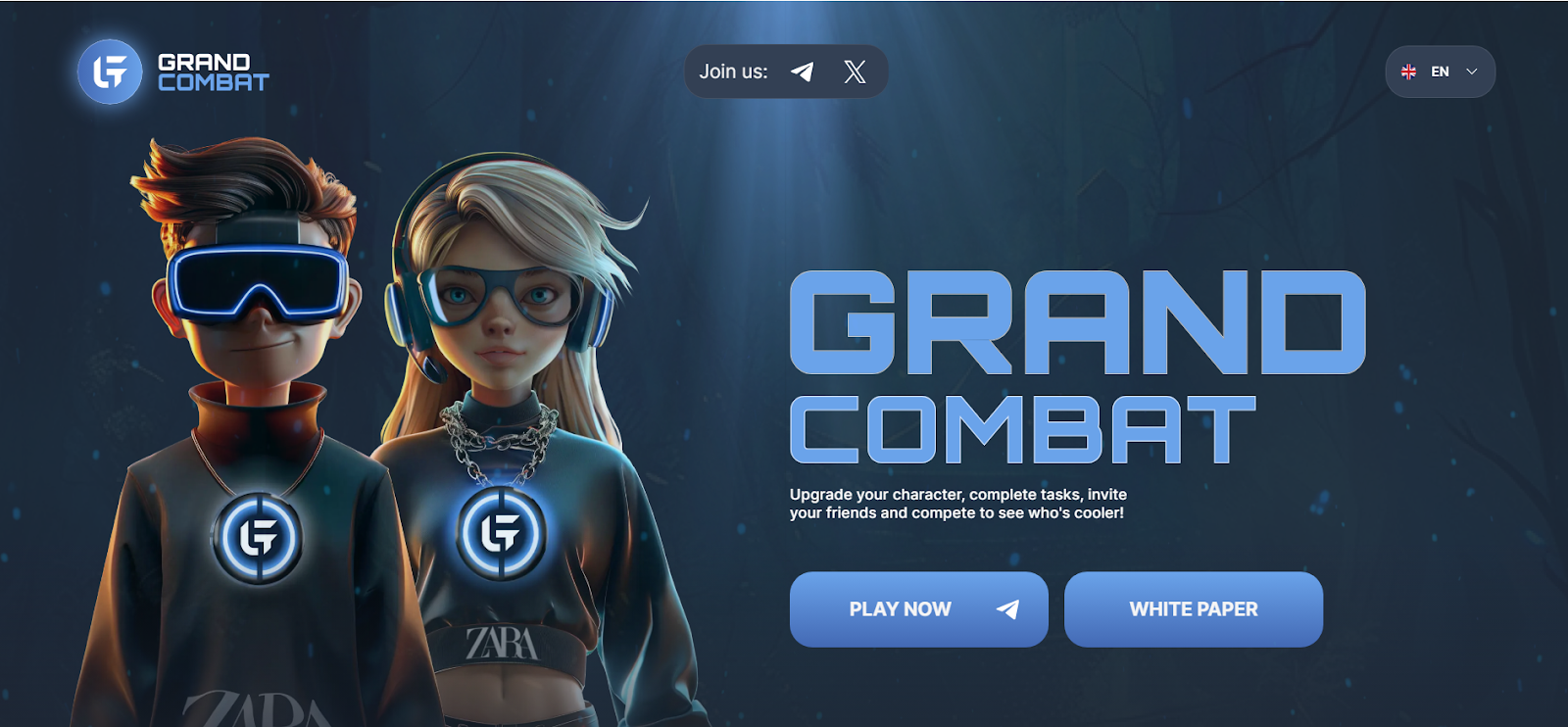
Accessible via Telegram, you’ll be dropped into a world of crypto startups where you have to build and defend your virtual companies.
You can level up your characters, complete tasks, and duel with other players, where the winner takes a portion of the loser’s resources. This encourages strategic gameplay and resource management; it’s competitive and community-driven.
The GrandCombat token economy is based on the $GRAND token, the in-game currency you can earn by tapping mechanics, inviting friends, and participating in tournaments. Tournaments are a key feature, where you can showcase your skills in two types of competitive formats: point-based and $GRAND token-based tournaments.
Players pay entry fees to join, and the prize pool (made up of the collected fees) is distributed among the top performers. A portion of the prize pool is burned, adding a deflationary mechanism to the token economy.
The game also has clan mechanics where you can team up with others for joint tournaments and resource sharing. Clan tournaments, a special format that lasts one day, will further increase community engagement by rewarding teamwork.
The roadmap for GrandCombat includes airdrops, clan tournaments, and in-game wallets, all to improve player retention and gameplay. With its dynamic PvP and tokenomics, GrandCombat is perfect for gamers who want an intense and rewarding experience where skill meets blockchain rewards.
Conclusion
Each of these projects brings something different to the table for the gaming industry. Funtico combines accessibility and flexibility, for Web2 developers to transition smoothly to Web3, with engaging rewards and player security.
Legacy of Game is all about skill based earnings and sustainable practices for players who want more meaningful gaming experiences. GrandCombat is for those who love competitive PvP and clan mechanics with tangible blockchain rewards.

